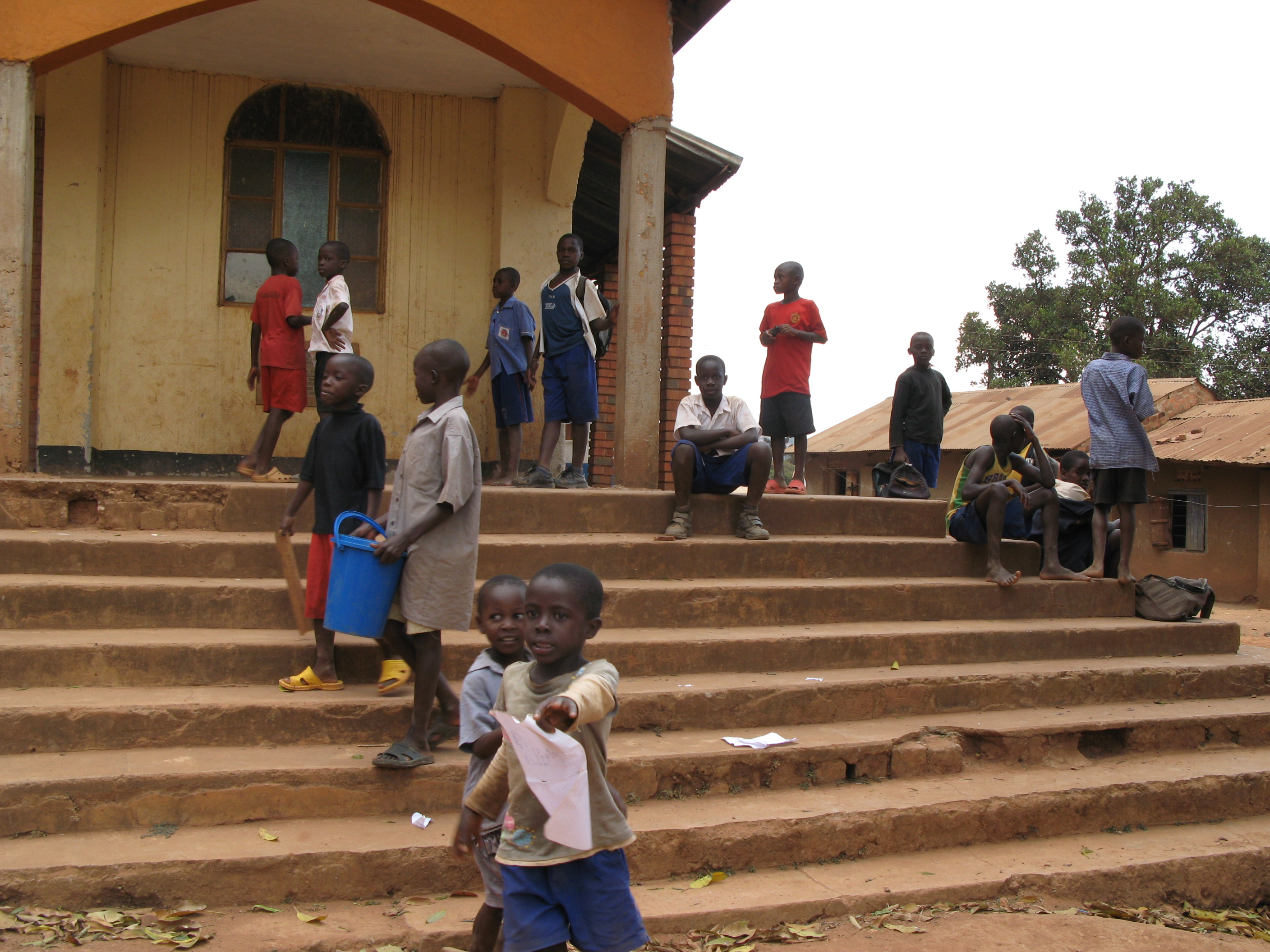Feast of the Body and Blood of Christ
Fr. David Schwinghamer, MM
June 14, 2020
Deuteronomy 8: 2-3, 14B-16A; Psalm 147: 12-13; 14-15, 19-20; 1 Corinthians 10: 16-17; John 6: 51-58
Fr. David Schwinghamer, MM, a missioner with experience in Tanzania and Uganda, reflects on celebrating the feast of Corpus Christi during a pandemic.
Once, on the feast of Corpus Christi (the Body and Blood of Christ), I learned an important lesson about the Eucharist. In a refugee camp in Tanzania, just as I was taking off my vestments after Mass, a leader of the church came to me and said, “now it is time to bring Holy Communion to the sick.” I was inspired by her matter-of-fact attitude.
Several of us went off through the camp with a ciborium containing the Body of Christ. As we came to the last communicant we literally had to get on our knees to enter her hovel of a home. There we found an emaciated young woman too sick to even sit up. Despite her desperate condition, she had a very peaceful aura about her and was obviously pleased to see the faces of the faithful who had come along to bring her the Eucharist. She received the host with quiet devotion. When you see someone who is literally wasted away by disease receive the “true food come down from heaven” with devotion and deep peace, you realize there is much more to the mystery of Eucharist than any one person can understand.
Every new experience of want or suffering serves to keep alive the memory of God’s promises. In today’s first reading Moses reminds his people to remember what God had done to save them. His words remind us that when wealth accumulates, human beings decay. Wealth can shield us from memory of our reliance on God and one another. This is what seemed to have happened not just to the Israelites but also to many in the United States. We have forgotten that, rich though we may be, we are part of a global community, vulnerable to being struck down by the simplest form of life – a virus, just like anyone else.
How did Jesus show us to keep the memory of God’s promises alive? By instituting a memorial meal. His last meal with his disciples was a gathering together to break bread. When we gather at the Mass we participate in a celebration of thanksgiving for what Jesus has done, in his body. By so doing we refuse to forget this pouring out of life for us and for the many. We are reminded that the “this,” or the substance, of the prayer said as the blood of Christ is elevated is precisely the pouring out of our life, for others.
These days we see this act of self-gift or sacrifice performed daily by countless brave heroes who, despite the lack of adequate Personal Protective Equipment, continue their service of the larger community during this time of pandemic. They and other community servants – drivers, cleaners, cooks, volunteers, mail carriers, motorcycle taxi drivers, market women, bank tellers – all in their own way can remind us of what the Lord did in His life. In a way we can say “eucharist” is happening all around us if we just know where to look.
But what happens when a pandemic sweeps in and all opportunities to gather for the Sacrament of the Eucharist are suspended for the safety of the larger community? When the coronavirus hit Uganda in March, 2020, the government responded quickly by placing restrictions on travel and on large gatherings, including religious services in churches and mosques. Overnight, access to the Eucharist disappeared.
People expressed deep concern that they could not receive the one thing that would sustain them in this time of crisis – the Body and Blood of Christ, the bread that came down from heaven, true food and drink.
Within days church leaders announced that churches would remain closed, that the faithful should pray at home, and that Masses could be broadcast on radio or over the internet and the faithful could prayerfully unite themselves with the Eucharistic sacrifice.
These government restrictions and church guidelines, while temporary, have raised many interesting observations about the sacrament of the Eucharist. Is it possible to receive the Eucharist “spiritually” by listening to radio broadcast of the mass? Could the structure of the Mass be altered so that the faithful could receive Holy Communion, ten at a time, from a Eucharistic minister, and then be instructed to return home, gather together and read the Sunday readings? Could other gatherings in the service of those ill with coronavirus, e.g. in a hospital, be considered “eucharistic” in that the doctors and nurses gathered together recall by their actions the willingness to risk one’s life to save others? According to Pope Paul VI, the real presence of Christ in the Eucharist does not limit God’s presence elsewhere.
The coronavirus pandemic has highlighted many of the crevices, gaps, and breaches in our global community. It has also shown us the limitations of our ecclesial institutions and ministerial practices. When, in a time of deep crisis, we were unable to find ways of concretely sharing the “living bread” with those in need of spiritual sustenance, something is deeply amiss. Our churches are locked. Maybe what is happening in these times is Jesus knocking at the door from the inside asking to be let out.
Children playing on the steps of a church, Uganda, available on Flickr.

